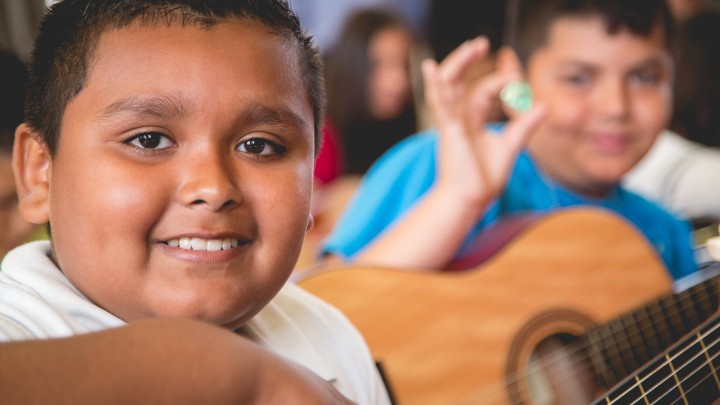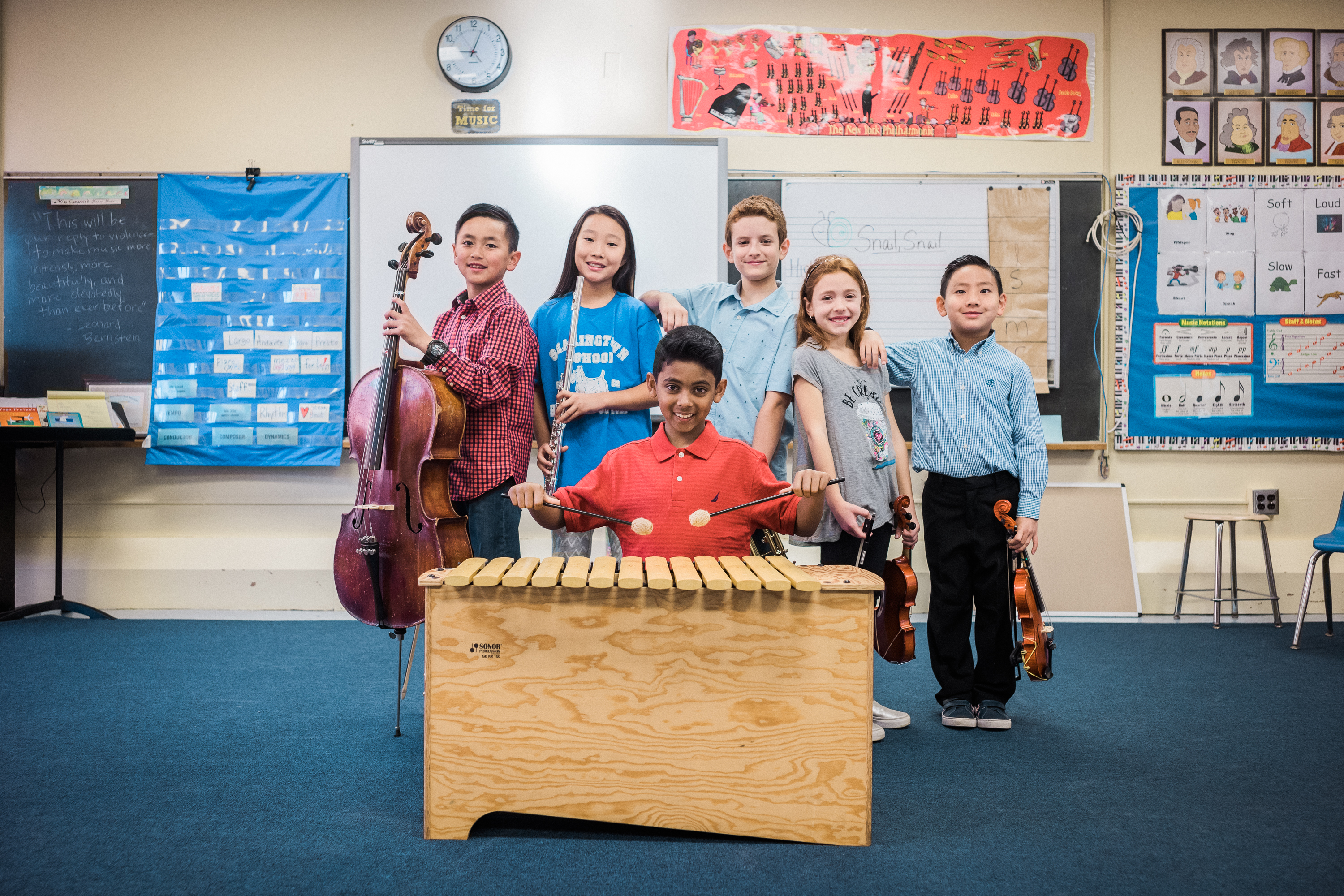Music Research

Music Research
Scientific knowledge about the effects of music and music making is constantly expanding, and The NAMM Foundation has taken a global leadership role in supporting music research. Research expands understanding about the impact of music making and music education, the importance of music at every stage of life, and relationships between music and physical and emotional wellness. Outcomes of music research support NAMM's public relations programs along with public policy and advocacy activity.
The NAMM Foundation provides funding for projects such as the work by neurobiologist Nina Kraus, which offers insight into how musical experience affects brain function across the lifespan.
The National Arts Education Status Report Summary
The National Arts Education Status Report Summary 2019, is a comprehensive look at access to and participation in arts education in public schools in the United States. Learn more
Arts and Absenteeism
The NAMM Foundation commissioned a four-year study conducted by Metis Associates to examine whether there is a relationship between the amount of music and arts implementation in New York City public schools and chronic absenteeism. Learn more
The Cost of High-Quality Public School Music Programs
To increase knowledge of the true costs of music education programs The NAMM Foundation supported an exploratory study conducted by APA Consulting of music program spending in a diverse group of 10 school districts across the country. Learn more
Music Research for Kids
Everyday listening skills are stronger in musically-trained children than in those without music training. Significantly, listening skills are closely tied to the ability to: perceive speech in a noisy background, pay attention, and keep sounds in memory.
- Strait, D.L. and N. Kraus, Biological impact of auditory expertise across the life-span: musicians as a model of auditory learning. Hearing Research, 2013.
Researchers found that after two years, children who not only regularly attended music classes, but also actively participated in the class, showed larger improvements in how the brain processes speech and reading scores than their less-involved peers.
- Nina Kraus, director of Northwestern’s Auditory Neuroscience Laboratory, quoted in Melissa Locker, "This Is How Music Can Change Your Brain," Time, December 16, 2014.
Music training leads to greater gains in auditory and motor function when begun in young childhood; by adolescence, the plasticity that characterizes childhood has begun to decline. Nevertheless, our results establish that music training impacts the auditory system even when it is begun in adolescence, suggesting that a modest amount of training begun later in life can affect neural function.
- Adam T. Tierney, Jennifer Krizman, Nina Kraus, "Music training alters the course of adolescent auditory development," Proceedings of the National Academy of Sciences, 2015.
Research shows that making music changes the brain and that these brain changes have tangible impacts on listening skills, learning and cognition.
- (2017). Music, hearing, and education:, from the lab to the classroom; quoted in Northwestern University, September/October 2017.
Individuals who took music lessons as children show stronger neural processing of sound: young adults and even older adults who have not played an instrument for up to 50 years show enhanced neural processing compared to their peers.
- (2017). Music, hearing, and education:, from the lab to the classroom; quoted in Northwestern University, September/October 2017.
Students in high-quality school music education programs score higher on standardized tests compared to students in schools with deficient music education programs, regardless of the socioeconomic level of community. Nature Neuroscience, April 2007
- Nature Neuroscience, April 2007.
